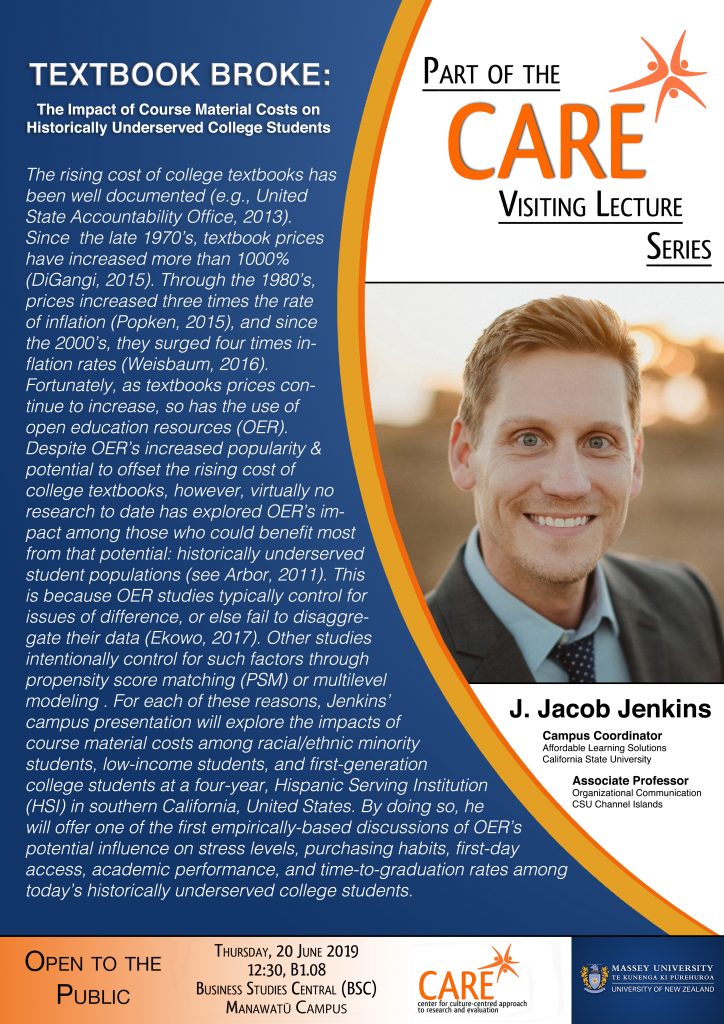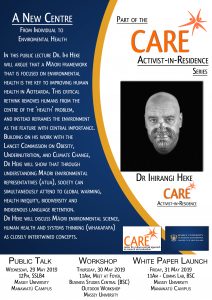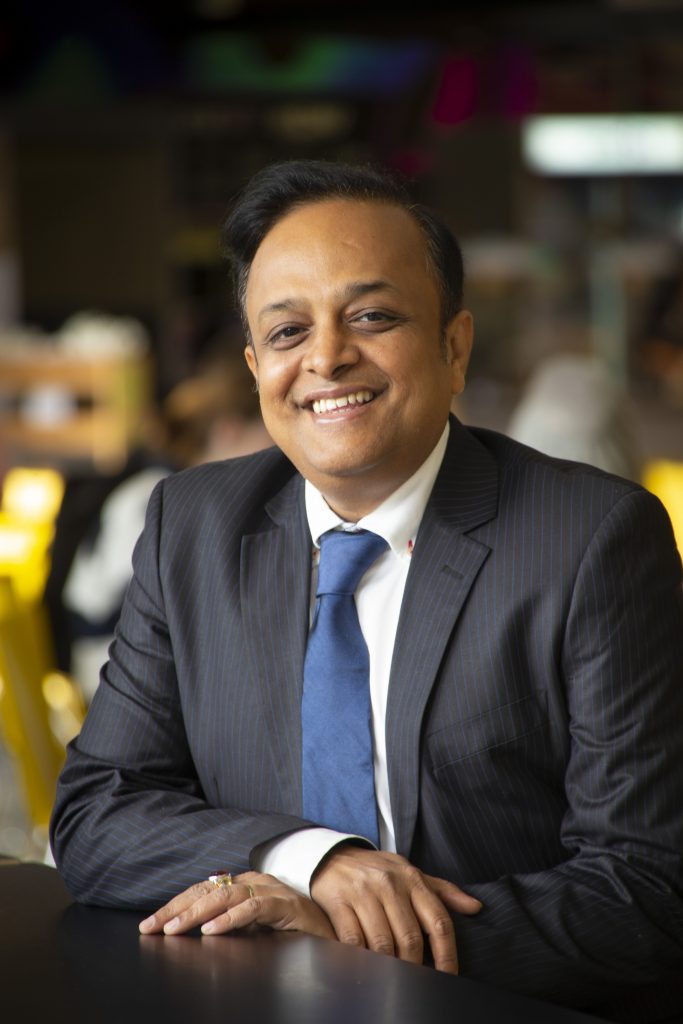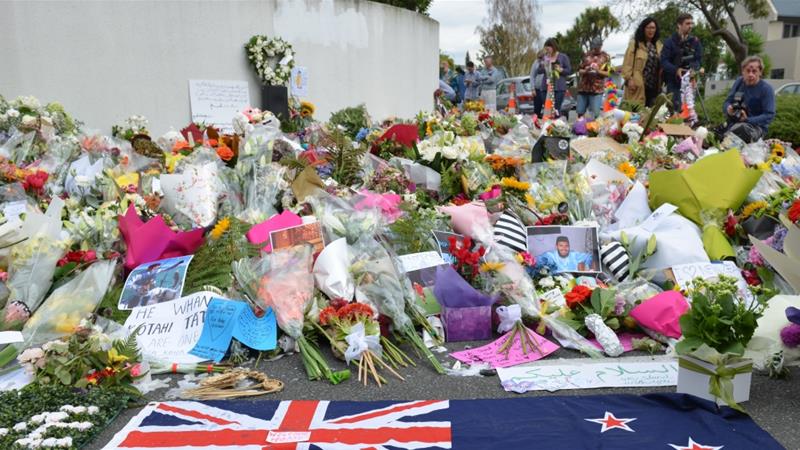A talk by Assoc. Prof. J Jacob Jenkins on the Impact of Course Material Costs on Historically Underserved College Students


Center for Culture-Centered Approach to Research and Evaluation
A talk by Assoc. Prof. J Jacob Jenkins on the Impact of Course Material Costs on Historically Underserved College Students

Ihirangi Heke, of Tainui-Waikato descent, was raised in the South Island mountain adventure environment, before it was popularly known as such. A graduate of Otago University, he has lectured there and built a career based on helping athletes, both ordinary and elite, achieve goals beyond their expectations. Over the past 10 years he has been active in helping Māori and other indigenous groups abroad, build their own health and wellness activities based on their own traditional environmental knowledge. On any one day of the week you might find Ihi mountain biking with Te Arawa people in Rotorua, playing traditional games with students in Kaikohe, at a trekking meeting in the snow in Japan, or in a virtual meeting with colleagues from Auckland University, Brookings Institute Washington, and a marae in Uawa. This is all part of him joining the dots to enable Māori and other indigenous peoples to define and determine their own health pathways and solutions as defined by their local environments.

Click on the url link for more news related articles on Ihirangi Heke
MOHAN J.DUTTA | 1 MAY, 2019
To reclaim India is to reclaim both the secular and socialist roots of the nation.
Building up to the 2019 elections, the question, “whether India will be India,” is being asked in various conversations across India, in the diaspora, and globally. The question is a powerful one and one that calls for critical reflection as India goes to vote.
What is the idea of India that needs to be defended with vigour?
And more importantly, how does this conversation on India taking place in mostly English language plaforms, often among the elite, connect with the conversations on the idea of India taking place in India’s fields, among the farmers, in the production units, among the workers, among the large numbers of unemployed youth, among the precarious workers in the informal sectors, among India’s Muslims who live amidst the everyday fear for their lives, among India’s adivasi peoples?
Going back three decades to my NCERT textbooks in the Kendriya Vidyalaya where I went to school and learned my first lessons on citizenship, I am reminded that the idea of India was never articulated as a concept in the classroom.
One took the idea of India as a given in the concepts of secularism, socialism, and democracy. The lessons in history and geography in the classroom were strengthened and crystallized in community life, in the neighbourhood, in celebrations, and in the everyday culture.
That secularism is how one simply lived and how communities breathed their everyday life was evident in the neighbourhoods, local markets, tea stalls, mosques, churches, and temples. The sound of the azaan at dawn mingled in perfect harmony with the sound of the bells from the evening prayer at the temple.
That socialism forms the democratic aspiration of people was manifest in the land reforms, strong voices of unions, the strong presence of the Left parties, and the equally strong presence of social movements.
The twin concepts of secularism and socialism formed the bulwark of democratic life. The vibrant community groups, local governance, and public participation in the democracy were guided by the calls to equality.
These key ideas defined for me the spirit of India, with its vast openness to many faiths, worldviews, and ways of thought. The Red Book stores that would be on full display in the front of the Durga Puja pandals across West Bengal reflected for me the essence of this spirit.
In the Bengal of the 1980s and 90s when I was growing up, the idea of India was marked by its absence. One simply witnessed the values of socialism, secularism, and democracy in the fabric of daily life.
The first time that I grappled with the meaning of India was in December 1991, with the image of the chariot procession of the now revived-as-a-liberal icon, Lal Krishna Advani, and the mobs that had secured access to the mosque. The images of the destruction of the mosque by saffron-waving gangs quickly transformed into stories of violence and riots as they started erupting across India.
That was the first time as a College-going student I grappled with the idea of India.
Fast forward three decades, the saffron-wearing fringe elements are now running India. One of them, selling the story of struggling out of poverty to become a leader of a democracy, is now the Prime Minister. Many accounts suggest that the same saffron-clad icon was complicit in the massacre of innocent Muslims as Chief Minister of Gujarat.
The saffron tide of 2014 that brought the extremist fringe into power was also a continuity of the extreme neoliberal policies that saw entrenched inequalities, disenfranchisement, and weakening of worker collectivization.
That the ideas of socialism and democracy, the other two anchors of the idea of India, were already disappearing under a neoliberal deluge is reflected in the full-fledged turn to liberalization. Even as the urban landscape started rapidly transforming, socialism became outdated and secularism turned into an abuse.
Programs such as Operation Green Hunt were organized campaigns that legitimized the systematic attack on India’s adivasi people to enable large scale land grab, privatization, and profiteering, all in in the name of development. For journalists fed on the neoliberal ideology, the market offered the all-emancipating solution.
The neoliberal promise, that the turn to the market would cleanse the corruption, formed the zeitgeist of this new India. Large movements promising to cleanse corruption performed public spectacles, all too appealing to the neoliberal imaginaries of the urban middle classes. The country could be free from corruption and economic growth could be achieved, placing private capital as the solution.
Paradoxically, the notion that the private sector and its profit-driven motives formed the basic infrastructure of corruption was strategically obfuscated, instead promoting reforms that were seductive for the middle classes.
This very premise of corruption-free economic development mainstreamed the saffron fringe. That economic development driven by further neoliberal reforms would present a new India was the promise offered by the saffron regime. For many of the middle classes and those in the diaspora, the saffron was unpalatable but the stigma of fringe could be set aside with the promise of “Make in India.” The promise of further neoliberal reforms, dressed up in cleansing India of corruption, and modelled after “vibrant Gujarat” worked to erase the stigma of the saffron for the Indian middle class that identified as liberal.
For a strand of the diaspora, negotiating the everyday onslaughts of marginalization, the saffron turn offered a new basis for identity. This identity, founded on the image of a strong India, was also now palatable for the middle classes in the Indian mainstream. The saffron turn, with its promise of “Make in India” would deliver economic growth, coupled with cultural revitalization. The Indian (read Hindu Indian) would now feel a sense of glory at home and abroad, attaching with brand saffron.
In the past four years, the mainstreaming of saffron has been actively achieved through political and media discourse. It is no longer fringe to want to kill a Muslim or to make a statement about killing Muslims. It is the mainstream narrative of a section of middle class India. Anyone questioning this narrative is labelled an anti-national and sent to Pakistan by the English language channels of Times Now and Republic TV, with a large middle class following.
Five years have come and gone. The empirical evidence attests to many undelivered promises. Much like the empty sloganeering of a “Vibrant Gujarat,” a “Make in India’ re-make of Indian economy remains a mirage.
It is not in this middle and aspiring class that I hold the hope for India.
The possibility of reclaiming India does not lie in my privileged voiced or the voices of experts who see the danger of a fascist politics that threatened to engulf India. We have, for most instances, detached ourselves from the people, from the struggles of the soil, from the hardships that are the everyday reality for the majority of India.
The hope for India lies in the rural, among the urban poor, among the workers, and among the farmers. The hope for India lies in its adivasi and dalit people as they turn their voices of disenfranchisement into votes at the ballot. The hope for India lies in the many farmers who have flooded the capital in protest. The hope for India lies in the many workers who have shown up in seas of red. The hope for India lies in Begusarai as we witness the possibilities of what can be. With one parliamentarian that represents these fundamental ideals enshrined in the constitution.
To reclaim India is to reclaim both the secular and socialist roots of the nation, written into the constitution.
I don’t have much hope in a neoliberal elite that somehow continues to bow to the pseudo-science of the market. I do have hope, however, for the other India that does the everyday work of making it and imagining it.
The underpinning philosophy that informs my work is that of Kaupapa Māori theory and praxis, central to which is the fundamental principle that as scholars and researchers we have a responsibility to speak to issues of social injustice locally, nationally and internationally.
This presentation will speak to the obligation of academics to take on the role of critic and conscience of society and to engage with activism both academic and community based that works to dismantle racism in Aotearoa in all of its forms.
Watch the event by clicking on the YouTube link below:
Date: Friday, 26 April 2019
Time: 12 pm onwards,
Location:
Events Central (GROUND FLOOR)
Palmerston North City Library ,Palmerston North
Live Stream on Facebook Live: https://www.facebook.com/CAREMassey/videos/666408360446115/
Talk Abstract:
The underpinning philosophy that informs my work is that of Kaupapa Māori theory and praxis, central to which is the fundamental principle that as scholars and researchers we have a responsibility to speak to issues of social injustice locally, nationally and internationally. This presentation will speak to the obligation of academics to take on the role of critic and conscience of society and to engage with activism both academic and community based that works to dismantle racism in Aotearoa in all of its forms.
Follow us on:
Facebook : @CAREMassey
Twitter: @CAREMasseyNZ
Youtube:@CAREMassey
Link to the E-paper- http://103.241.136.50/epaper/DC/TVM/510X798/2019-04-07/b_images/TVM_2019-04-07_maip13_2.jpg
CARE invites academics to participate in its ongoing study of academic freedom.
Would you like to share your experience with academic freedom at your institution?
In an ongoing study on “Faculty perceptions of academic freedom globally,” CARE is collecting narratives and experiences of faculty across the globe with academic freedom, seeking to identify the challenges to academic freedom as well as the potential solutions to it. The resulting report will form the basis of advocacy work carried out by CARE.
Please Note: The interview will be recorded and will take between 60 and 90 minutes, conducted over Skype. Your responses will be anonymized. The recording will be destroyed after the transcription of the interview.
RSVP your details below for the CARE Academic Freedom Study to register your interest and to receive further communication regarding the study.

RNZ aired Professor Mohan Dutta‘s opinion on Sunday 24th March 2019 on #ThreeMinutesMax: short, sharp opinions from commentators around New Zealand. Mohan Dutta is the Director of the CARE: Center for Culture-Centered Approach to Research and… at Massey University. He explains how the tragedy that took place in Christchurch was driven by the ‘hate industry’ and is connected to a global rise in Islamophobia

But some analysts have been more explicit in their analysis, and suggested ending the threat posed by the alt-right and Islamophobia will only be achieved by shifting existing mainstream narratives about Muslims, both locally and internationally.
“The terrorist attacks in Christchurch reflect the global rise in Islamophobia – hatred toward Muslims – cultivated by political parties, media organisations, and a wide range of hate industries,” Mohan Dutta dean’s chair in communication at the New Zealand-based Massey UniversityUniversity, wrote last week.
Dutta also called for discussions “anchored in the voices of Muslims experiencing hate” as the “starting point to halting the global spread of Islamophobia”.
Mire agreed and called on New Zealand to set the standard in battling back Islamophobia and the rise of “alt-right extremist ideologies”, which he said threaten minorities “everywhere” in the world.
“It’s sad to think that a situation like this is what drives us to have these difficult and hard discussions,” Mire said.
“But we have a small window of opportunity, right now, and we must take it in order to ensure that such events never happen again.”
Follow us on Twitter: @CAREMasseyNZ
Read the detailed news article on #ALJazeera‘s website.
#CAREDirectorsBlog– Mohan Dutta ‘s article on Al-Jazeera #Islamophobia #NewZealand
#CAREMassey #CAREMasseyNZ #MasseyCJM #MasseyUni

I had first met the Singapore Jolovan Wham in 2008 when I had started my ethnographic work with migrant construction workers in Singapore. Jolovan was with the Humanitarian Organization for Migrant Economics (HOME) and he generously shared his time and powerful insights about the exploitation of migrant construction workers and foreign domestic workers in Singapore. He gave me a scholarly tour of the oppressive conditions the migrant workers toiled in, the chilling effect of the crack-down on migrant worker activists that went under the label of the “Marxist Conspiracy,” and the importance of pushing the boundaries of the state to make space for migrant worker activism. What was so impressive about our interaction was Jolovan’s theoretical clarity about the underpinning principles of social change and his crystallized applications of the ways in which these concepts applied to the advocacy work he participated in.
When I returned to Singapore in 2012 to build the Ceter for Culture-centered Approach to Research and Evaluation (CARE), Jolovan was one of the first people I reached out to. My team and I spent many hours conceptualizing what would turn out to be the first CARE project in Singapore, a collaboration with home that sought to co-create communication infrastructures owned by foreign domestic workers. HOME was a natural choice for the project because of Jolovan’s leadership. In the very limited civil society space in Singapore, he was open and passionate about experimenting with what it meant to turn communicative infrastructures in the hands of domestic workers. The resulting campaign, the “Respect our Rights” campaign was created by an advisory board of foreign domestic workers, and was possible because of Jolovan’s commitment to creating spaces for the margins.
What I learned in 2008 and that I continued to be reminded in the years that followed is this. It takes tremendous courage and integrity to keep pushing in a structure where one is stigmatized for even asking basic questions about the taken-for-granted assumptions. In a system where rote reproduction of the ideology of the structure is the norm, accompanied by a culture of silence, it takes a lot of courage to start disrupting the very assumptions of the structure. In rendering visible the broken logics that formed the overarching ideology, Jolovan has participated in a wide range of creative performances that disrupt the PR spin selling the “Singapore model.”
It was only natural therefore that Jolovan was one of the three panelists at the conference on “Communication and Social Change” organized by CARE in Singapore. In the panel titled “Academic-activist partnerships,” he shared his insights about the importance of pushing for open discursive spaces where the voices of the margins can be heard.
This pushing for open spaces shaped Jolovan’s activism with freedom of expression in Singapore. In doing so, Jolovan had been marked. The usual state apologists that talk about tactics would say, “his tactics are too direct.” Others would quickly denounce his tactics as calling for state control.In these very apologies for the state one notices the culture generated by the absence of freedom of expression. That the very freedom to express oneself ought to be subject to some sad reference to context speaks volumes about the nature of freedom of expression in Singapore.
In 2016, Jolovan had invited the Hong Kong-based activist to appear over skype for a talk on strategies of social change. The talk was attended by 300+ participants, generated a discussion, and everyone went home after it. There were no visible outpourings of Occupy-style protests across the city.
He was charged in 2017 for violating Singapore’s public gathering laws for not seeking permission for inviting Mr. Wong and for not signing the police document. In a recent ruling , the court found him guilty and ordered him to pay S$7000 in fines or face 16 days jail.
The above charge is among a number of other charges that Jolovan is facing, including his organizing of a performance on the MRT of holding a book, “1987 Singapore’s Marxist Conspiracy, 30 Years On” with blindfolds on, to show solidarity with detainees of the Internal Security Act. Most recently, Jolovan is being investigated by the police for taking a photo holding a piece of paper, alone, outside the State Courts, calling for charges of criminal defamation against the activists Terry Xu and Daniel De Costa to be dropped.
CARE is concerned about the systematic targeting of Jolovan.
That one of Singapore’s best activists who has contributed powerfully to the rights of precarious foreign workers is being targeted for actively advocating for freedom of expression needs to be interrogated globally.
That a society that presents itself as a democracy and as the forefront of technology-enabled globalization based on connections across spaces is so threatened by a technology-based network of activists articulating their raises vital questions about the carefully cultivated image of the “smart” “Singapore model.”